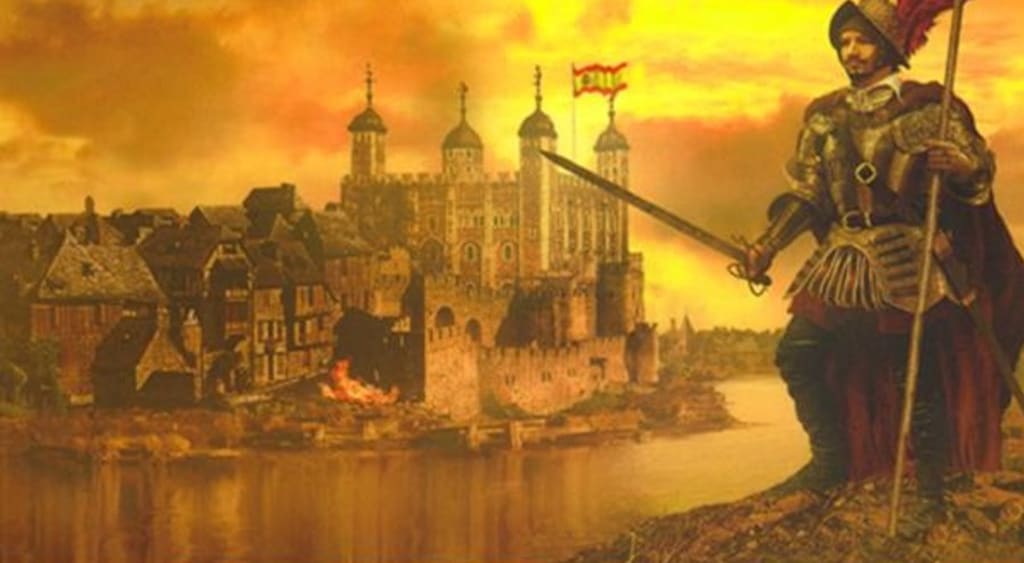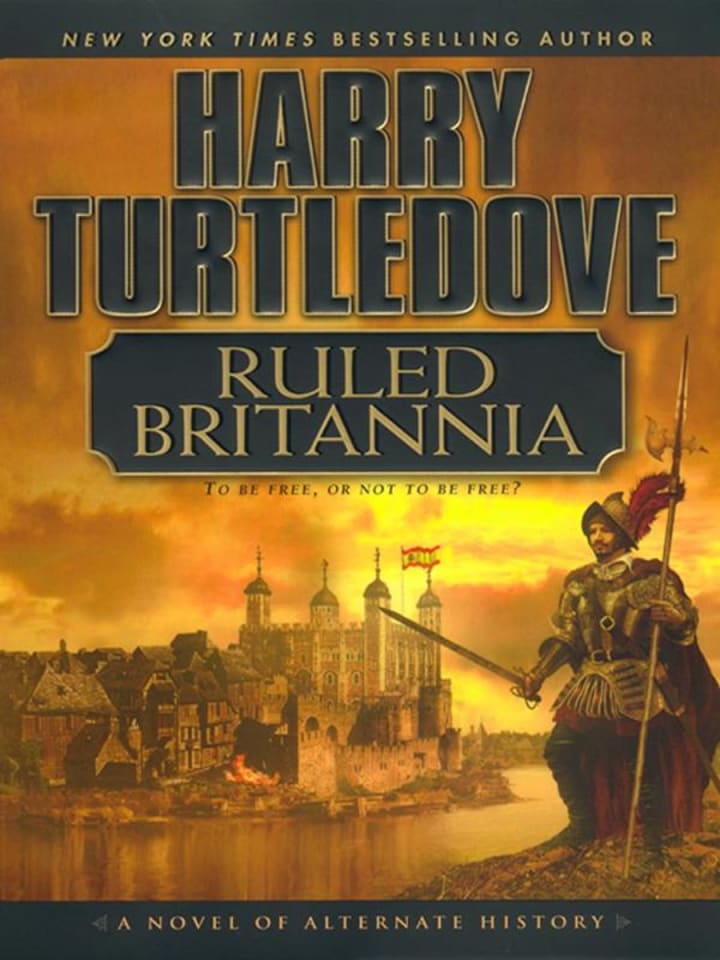Review - 'Ruled Britannia'
"To be free, or not to be free?" asks William Shakespeare in Harry Turtledove's alternate history novel.

In 1588, Britain faced the threat of invasion by the Spanish Armada, sent by Catholic King Phillip II against the Protestant Elizabeth I. History records that the Armada failed of course and Britain went more than two centuries before facing the threat of invasion once more. Yet what if the Armada had succeeded and the nation had been occupied by the forces of Catholic Spain? Harry Turtledove, proclaimed as the master of the alternate history genre, imagined just such a scenario with his 2002 novel Ruled Britannia.

Author Harry Turtledove
Set a decade into the subsequent occupation, Turtledove's narrative unfolds from the perspectives of two men of opposing nationalities. One is William Shakespeare whom, despite the change in historical events, is still doing well as a playwright and actor in London. The other is Lope de Vega, an officer in the Spanish occupation and a playwright in his own right. What brings them together is when Shakespeare is commissioned to write a play by the Spanish on the life of Phillip II as he is gravely ill and likely to soon pass away. At the same time, Shakespeare has been approached to write a very different play altogether by the pro-Elizabeth resistance to help inspire an insurrection. Can the bard write both plays without being caught and help bring freedom to queen and country? "To be free, or not to be free?" is, in a nutshell, Turtledove's premise.
For the most part, the novel lives up to its premise. For anyone who is either a history buff or a fan of Shakespeare's work, there will be plenty to enjoy here. Turtledove crafts a captivating thriller in the Shakespeare based portions of the narratives that see him rub shoulders with a number of real-life characters such as William and Robert Cecil as well as theatre figures such as Christopher Marlowe and Richard Burbage. There are elements of espionage fiction at play as well with codes and secret meetings sitting alongside performances of plays and Shakespeare actually trying to write. There's also a certain thrill to be had in how lines from many of Shakespeare's plays work their way into dialogue or character's thoughts while elsewhere Turtledove cleverly adapts elements where he can. Indeed, it is a high compliment to say that the novel would make an excellent stage-play or even a film as a result. These portions of Ruled Britannia making for captivating reading indeed.

Which sadly cannot be said for other parts of it. The portions of the novel with Lope de Vega do offer some insight into what it would be like to be part of the Spanish occupying force in Britain which does lend some perspective. Unfortunately, they overall add up to little more than frequent diversions from the more engaging Shakespeare plot. It is clear that the intention of alternating between the two is to hopefully move the plot forward but it never seems to actually do so except for when the two men actually encounter each other. They serve ultimately to slow down much of the middle third or so of the novel, thus making it 100 or even 150 pages longer than it needs to be. Which is a shame because it takes an otherwise cracking novel down a peg or two.
Even with the largely superfluous alternating focus of the narrative, Ruled Britannia still makes for a solid read. The Shakespeare based portions of the novel make for cracking reading for fans of the genre and for those inclined to enjoy the playwright's works. Indeed, Turtledove brings him superbly to life as a character and works him into what is largely a thriller. It is also a novel crying out for an adaptation on stage or screen but, until or even if that day ever comes, there's a decent if overlong book to enjoy.
About the Creator
Matthew Kresal
Matthew Kresal was born and raised in North Alabama though he never developed a Southern accent. His essays have been featured in numerous books and his first novel Our Man on the Hill was published by Sea Lion Press in 2021.






Comments
There are no comments for this story
Be the first to respond and start the conversation.